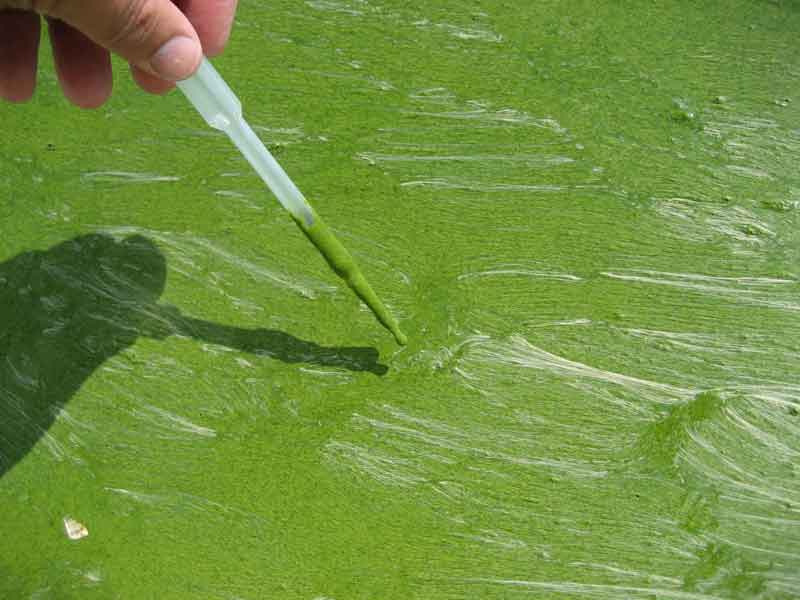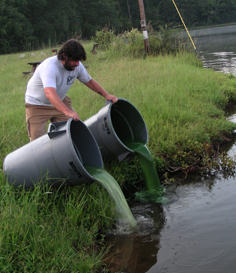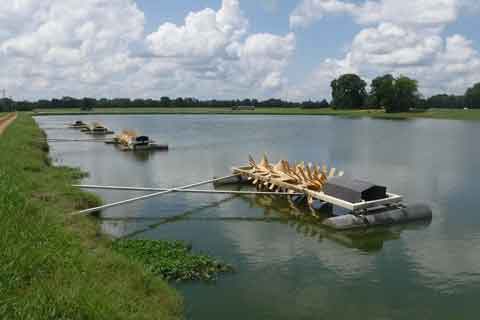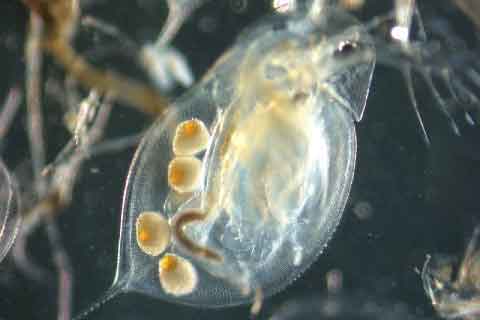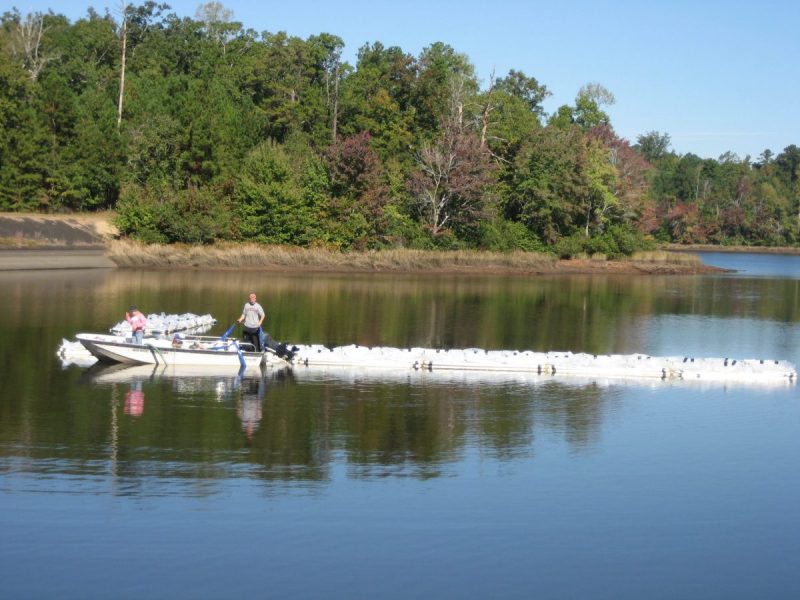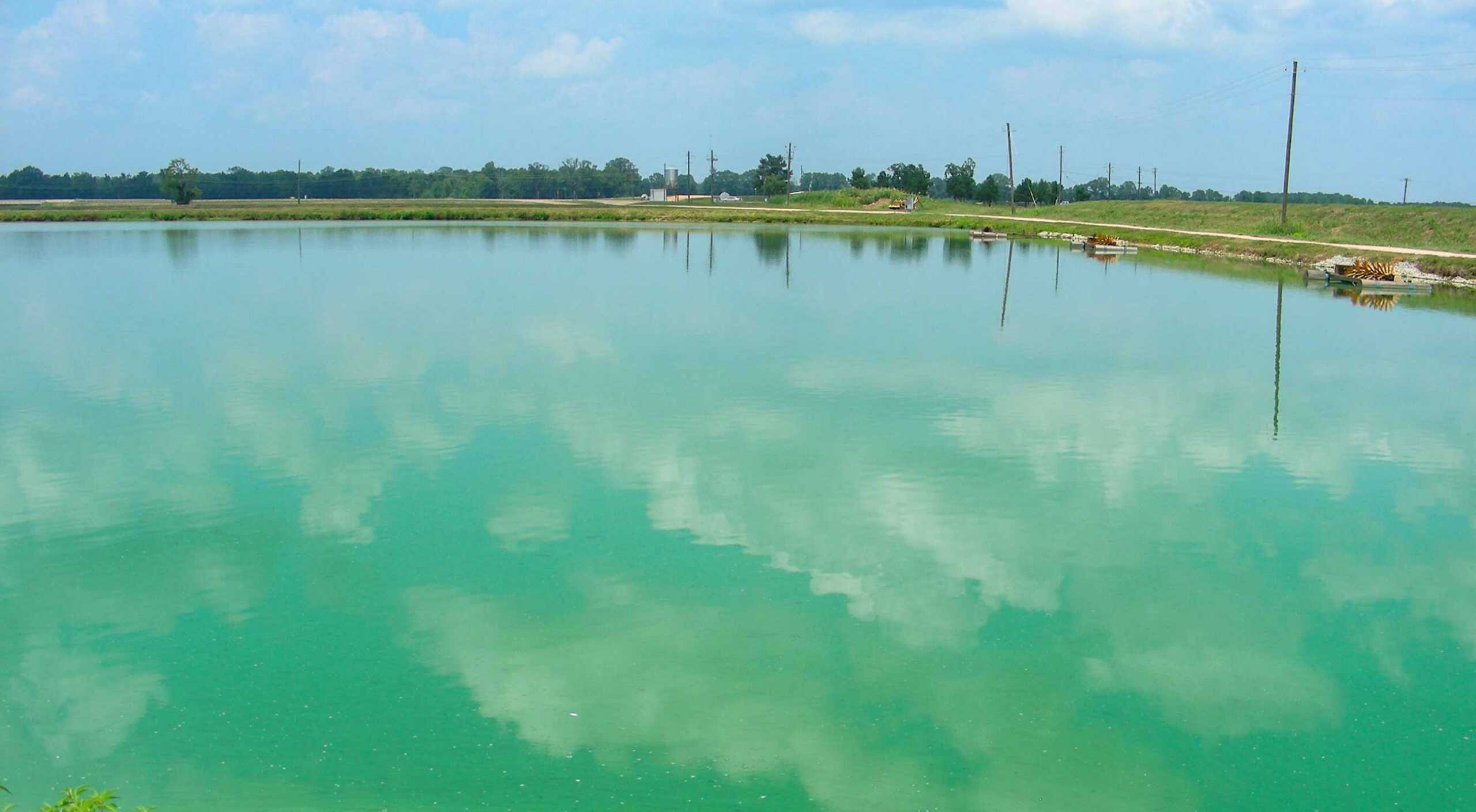
WilsonLab
Aquatic Ecology – Water Quality – Drinking Water
Aquaculture – Harmful Algal Blooms – Limnology
Studying ecological factors influencing cyanobacterial bloom formation in recreational reservoirs, aquaculture ponds, and other systems along with studying factors leading to taste, odor, and toxicity issues in drinking water reservoirs.
0
Current PhD & MS Students
0
Past PhD & MS Students
0
Current Undergrad Researchers
0
Past Undergrad Researchers
0
Lab Publications
$0
Historic Grant Funding (Millions)
Latest News
January 5, 2026
Welcome to our new MS students, Natalie and Kayla!
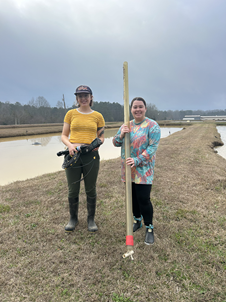
December 18, 2025
Matt was selected as the 2025 Swingle Award winner for PhD students in our school! Congrats, Matt!
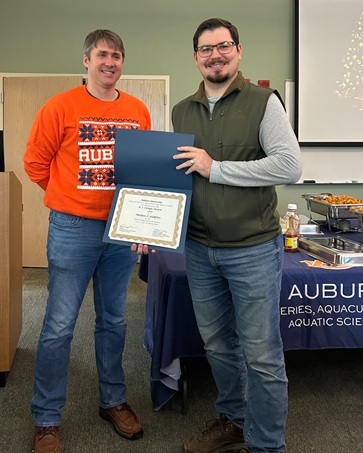
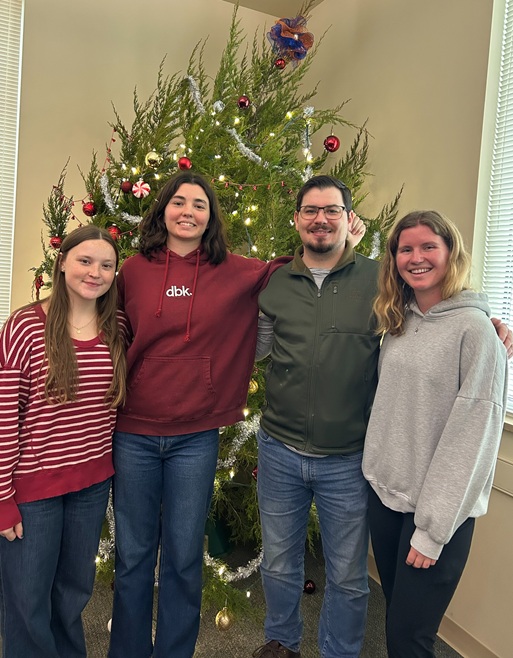
December 10, 2025
Another successful holiday cookie swap. Grateful for my students sharing such delicious treats with others. The candy bar fudge was my favorite. Excited about what 2026 has in store for us.
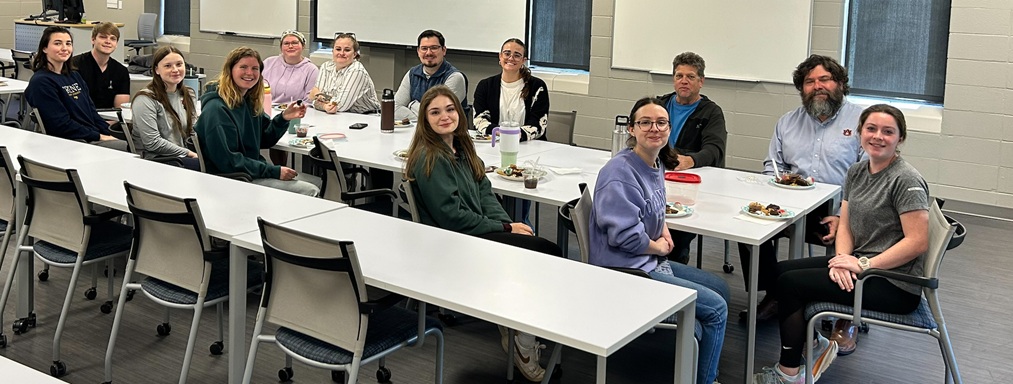

December 10, 2025
Had a chance to give a talk at the University of North Carolina at Chapel Hill last week. It was awesome. Thanks, Joe Brown, for the chance to return to UNC. I also was able to take my daughter for a formal campus tour with a special trip to the Dean Dome. The Word War III event was legendary. Go tar heels!
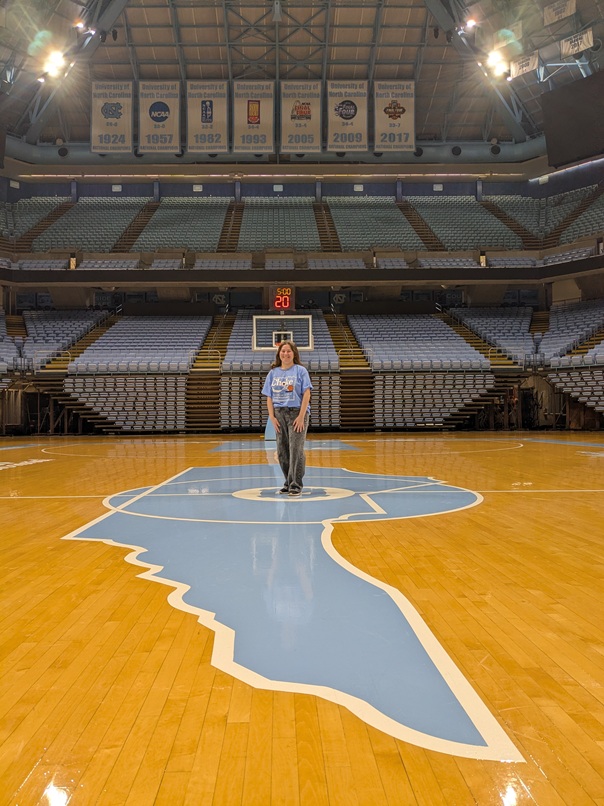
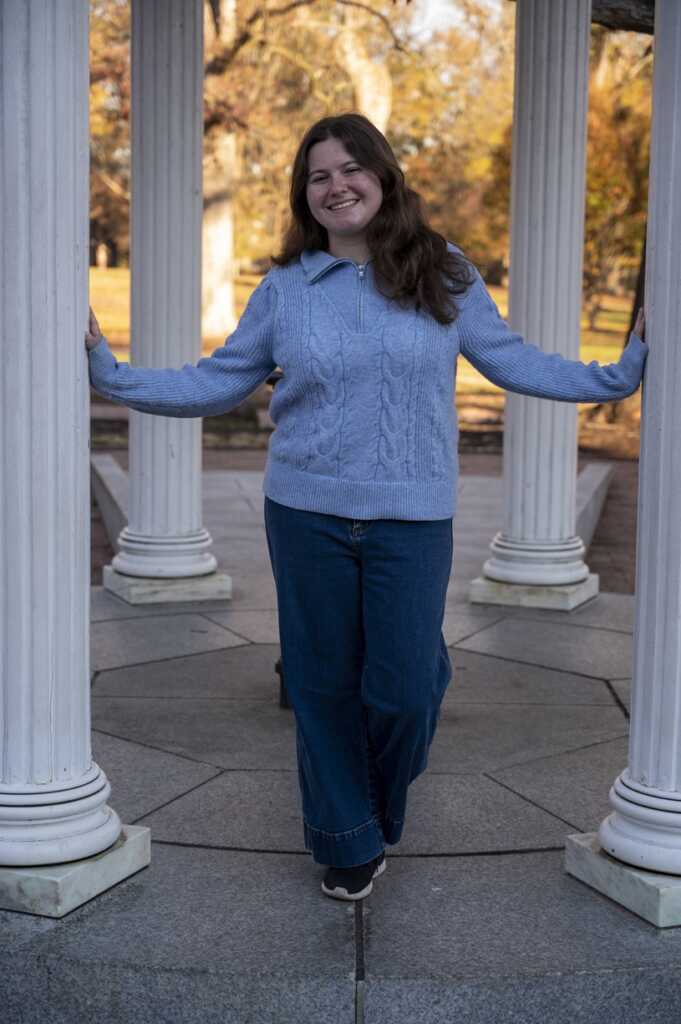
November 26, 2025
Peyton has successfully passed her MS defense. Awesome!
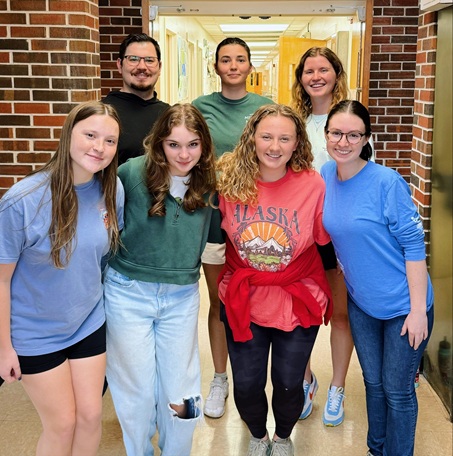
November 5, 2025
I am psyched to report that students in my meta-analysis class have produced three more papers. Amazing group of students!
Mahas, J. W., A. E. Wilson, T. D. Steury, and A. L. Jacobson. In press. Association of plant pathogen vectors and vector-borne plant pathogens with landscape composition: a meta-analysis. Environmental Entomology.
September 29, 2025
Michael has just published his second chapter looking at the effects of repeated copper sulfate treatments on water quality. Low dose copper supports healthy zooplankton communities that can control phytoplankton!
Follow us on Social Media!
We are hiring a new lab manager or technician!
Interested candidates are encouraged to contact Alan at wilson@auburn.edu
We are still looking for a new Postdoctoral Researcher!
Interested prospective postdocs are encouraged to contact Alan at wilson@auburn.edu
We are looking for new Ph.D. or M.S. students to join us in 2026!
Interested prospective students are encouraged to contact Alan at wilson@auburn.edu Learn more about these openings here!
Looking for a harmful algal bloom forecasting model?
About the Lab
Our approach to research is multidimensional. First, we use large-scale observational studies and meta-analysis of existing data from the literature to discover patterns in nature. Then, we identify mechanisms mediating these patterns through laboratory and field-based experimentation.
As a community ecologist, I am generally interested in consumer-prey interactions and identifying the ecological and evolutionary consequences of intraspecific genetic and phenotypic variation on aquatic communities and ecosystems. My current research focuses on the ecology of cyanobacterial blooms with an emphasis on understanding how biotic and abiotic factors influence cyanobacterial bloom formation in a variety of systems including recreational reservoirs and aquaculture ponds. In tandem with our harmful algal bloom research, the lab is also studying the factors leading to taste, odor, and toxicity issues in drinking water reservoirs.
Want to Join the Lab?
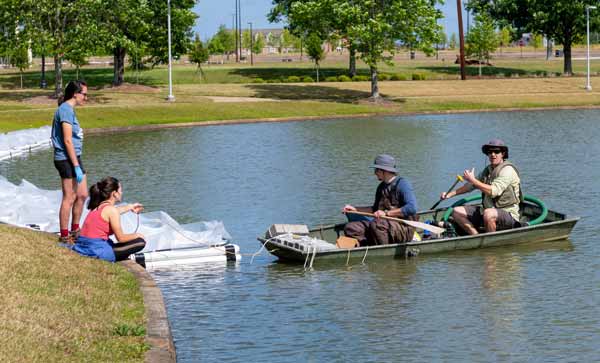
I am always looking for hard-working, honest, and self-motivated graduate and undergraduate students to join our group. I encourage individual thinking, so it is not critical that we share identical research interests. But, it is important that you are fascinated by science and want to explore how the natural world works. Please email me your resume, transcripts, GRE scores (if applicable), research interests, and contact information for three references and we will try to find a spot for you in the lab.
Image Gallery
